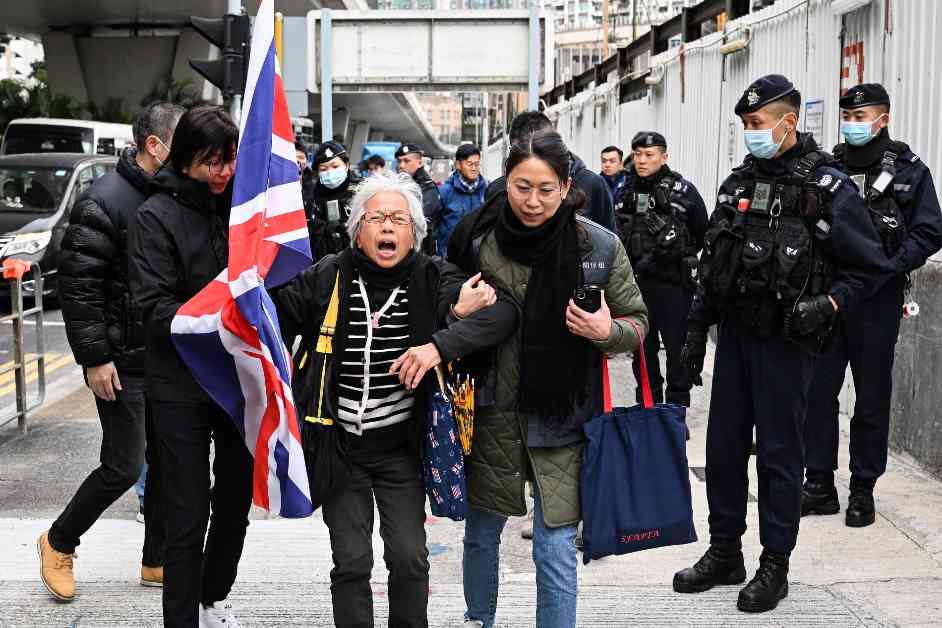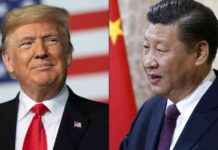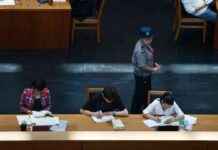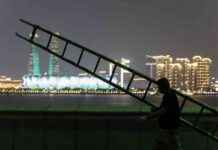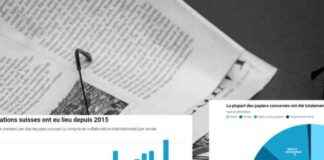The Impact of Hong Kong’s National Security Law
The implementation of Hong Kong’s National Security Law on June 30, 2020, has had significant implications for the region’s political landscape. This controversial law, which includes the allegation of “sedition,” has resulted in the arrest of 292 individuals, with 159 facing charges and 71 being convicted as of January 31, 2024. These numbers highlight the extensive reach of the law and the strict enforcement measures being taken by authorities in Hong Kong.
One recent development that has sparked concern is the arrest of individuals for signing up for paid subscriptions to Patreon accounts for exiled Hong Kong politicians Nathan Law and Ted Hui. This crackdown on seemingly innocuous actions demonstrates the government’s determination to suppress dissenting voices and limit freedom of expression. The use of the National Security Law to target individuals engaging in such activities raises questions about the law’s broad scope and potential for abuse.
In addition to the Patreon subscription arrests, other recent cases have involved individuals being charged for posting critical content on social media, calling for protests, and making threats against government officials’ families. These actions, deemed as seditious under the National Security Law, have led to arrests and prosecutions, further tightening the grip on freedom of speech and political dissent in Hong Kong.
Expansion of Security Legislation in Hong Kong
The passing of a new security law in Hong Kong in March marks a significant escalation in the government’s efforts to quell dissent and maintain control over the region. Building upon the framework established by the 2020 National Security Law, the new legislation expands on the definition of sedition, collaboration with external forces, treason, and insurrection, among other offenses. This broadening of the law’s scope raises concerns about the erosion of civil liberties and the potential for increased political repression in Hong Kong.
The incorporation of Article 23 of Hong Kong’s Basic Law into the new security legislation further solidifies the government’s authority to crack down on perceived threats to national security. By increasing the maximum sentence for sedition and introducing new provisions targeting collaboration with external forces, the government aims to deter dissent and discourage acts of defiance against its authority. However, these measures have drawn criticism from human rights advocates and international observers, who view them as violations of basic rights and freedoms.
The implications of the expanded security legislation in Hong Kong extend beyond the legal realm, affecting the everyday lives of residents and shaping the political landscape of the region. The increased surveillance, arrests, and prosecutions under the new law have created a climate of fear and uncertainty, leading many to self-censor and avoid engaging in activities deemed as potentially seditious. This atmosphere of repression has stifled dissent and opposition, further consolidating the government’s control over Hong Kong’s governance and public discourse.
Future of National Security Cases in Hong Kong
As Hong Kong grapples with the repercussions of the National Security Law and the new security legislation, the future of national security cases in the region remains uncertain. The continued enforcement of strict measures and the expansion of laws targeting dissent raise concerns about the erosion of civil liberties and the suppression of political opposition. The government’s crackdown on individuals engaging in seemingly harmless activities, such as subscribing to Patreon accounts, underscores the extent to which freedom of expression is being curtailed in Hong Kong.
Moving forward, it is essential for international stakeholders, human rights organizations, and concerned individuals to monitor the situation in Hong Kong closely and advocate for the protection of fundamental rights and freedoms. The pushback against repressive measures and the demand for accountability from the Hong Kong government are crucial in safeguarding the region’s democratic values and upholding the rule of law. By standing in solidarity with those facing persecution and speaking out against injustice, we can support the resilience and courage of Hong Kong’s activists and defenders of freedom.
